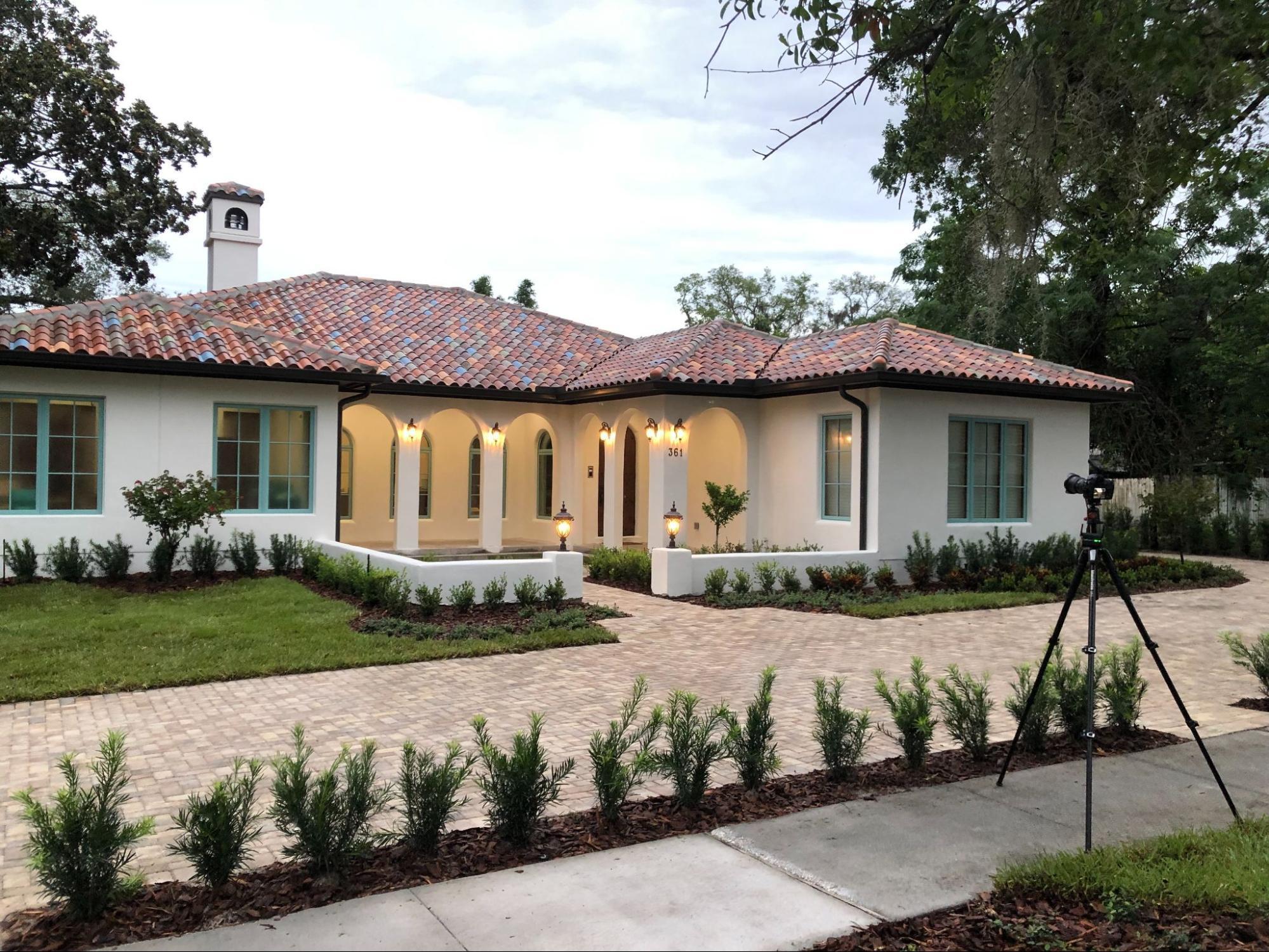
ICF Home Construction in Colorado: Everything You Need to Know

NRMCA Hosts Upcoming ICF Contractor Training Seminars
The NRMCA is a membership organization for the concrete industry and is a leading industry advocate that provides information and updates to its members about the latest techniques, materials and technologies.

10 Cattle Barn Designs and Ideas to Optimize a Cattle Barn
Growing ICF Awareness
Anybody that knows ICF has said or heard the same thing. “What a great way to build-why don’t we see it going up everywhere?”

6 Alternative Building Materials for 2019

Why ZERH Builders Profits are Decreasing
Today’s homeowners demand energy-efficient and high-performing homes. As ZERH builders strive to accommodate these demands, they also struggle with decreasing profits.

11 Healthy Building Products for New Home Construction

5 Disadvantages to DIY Concrete Foundation Forms
Before you begin your concrete foundation forms DIY project, consider these five disadvantages of DIY concrete form construction.

14 Ways to Save Money on Building Your Home

Build a Concrete House and Reap the Energy-Saving Rewards of Thermal Mass Home Design